1. Overview of Polypropylene
Polypropylene (PP) is a thermoplastic polymer characterized by its durability, flexibility, and resistance to a range of environmental factors. First developed in the mid-20th century, it has become one of the most widely used plastics due to its favorable properties and versatility. Polypropylene is utilized across various industries including packaging, automotive, textiles, and consumer goods.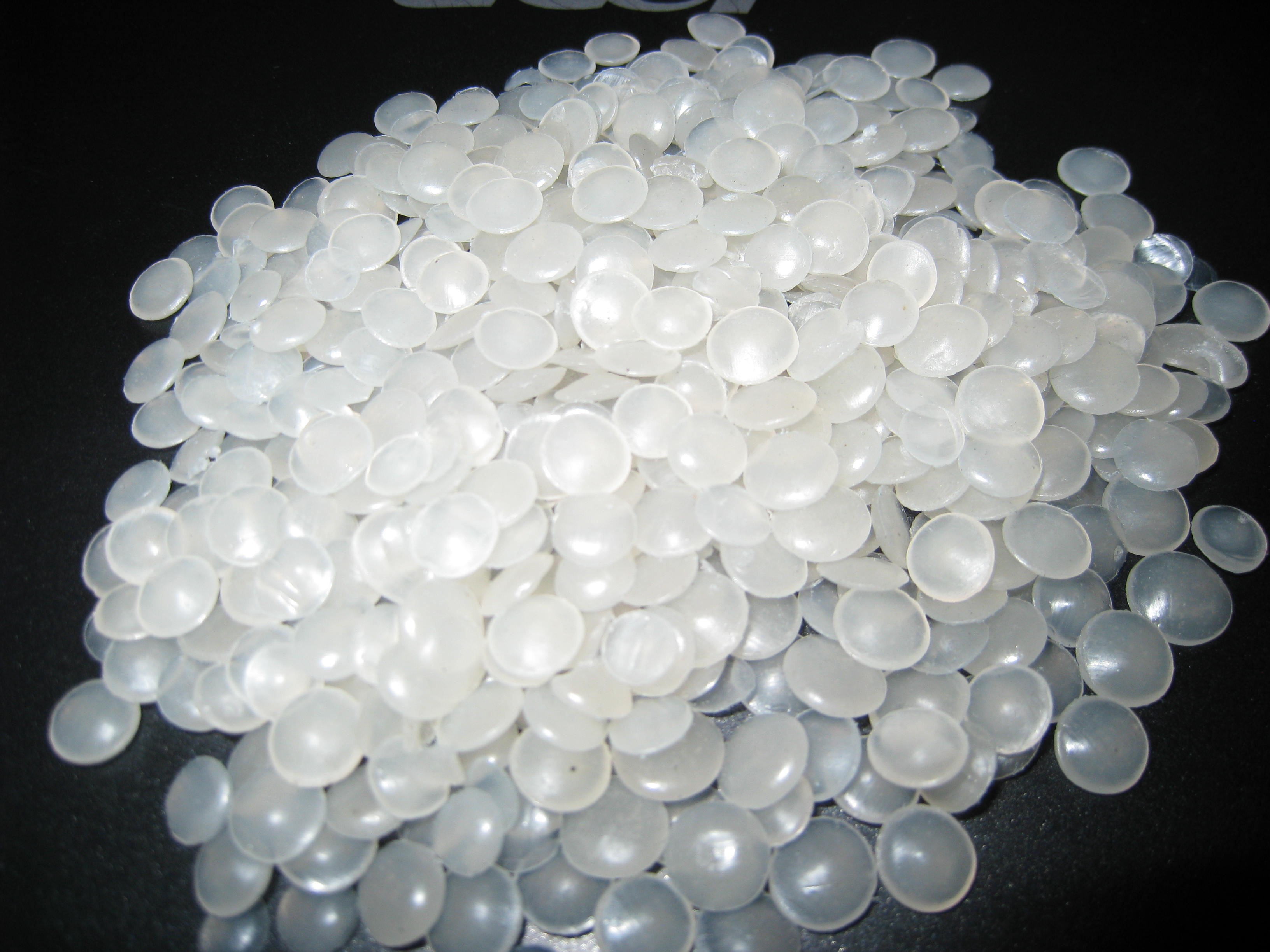
Polypropylene (PP) is a thermoplastic polymer.
The polymer’s structure consists of repeating propylene units, which contribute to its robust chemical resistance and relatively low moisture absorption. This makes polypropylene suitable for applications where exposure to moisture or chemicals is a concern. Its ability to maintain strength and integrity in these conditions adds to its appeal in diverse manufacturing processes.
Read more: PP Melting Point: Discover Polypropylene's Temperature Ranges
2. Is Polypropylene Waterproof?
Polypropylene is often described as waterproof. This distinction is crucial for understanding its suitability in applications requiring moisture protection. Water resistance means that polypropylene can resist the penetration of water to a certain degree but does not guarantee absolute impermeability.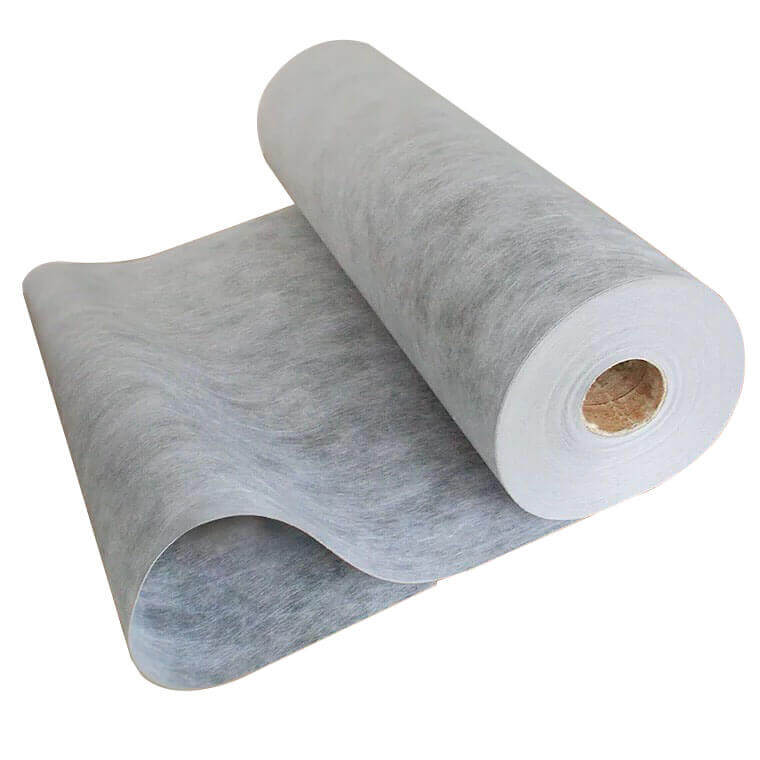
Polypropylene is often described as water-resistant rather than waterproof.
The water resistance of polypropylene stems from its low moisture absorption rate. This property helps maintain the material’s physical characteristics in environments with limited moisture exposure. For example, polypropylene-based products such as outdoor furniture, packaging materials, and automotive components are designed to perform well in damp conditions without significant degradation.
However, while polypropylene resists water, it is not entirely impervious to it. Under prolonged exposure to high humidity or direct contact with water, the material can absorb moisture, which may affect its performance over time. For applications where complete waterproofing is essential, polypropylene alone may not be sufficient. Additional treatments or coatings can enhance its water barrier properties, but these solutions should be evaluated based on the specific requirements of the application.
3. Applications of Polypropylene in Waterproof Products
Polypropylene’s water-resistant properties make it suitable for several applications where moisture control is important. Here are some key areas where polypropylene is utilized effectively:
- Packaging Materials: Polypropylene is a popular choice for packaging due to its resistance to moisture. It is commonly used in the food and beverage industry for containers, bottles, and wraps. The material helps preserve the quality of the contents by protecting them from moisture and contaminants.
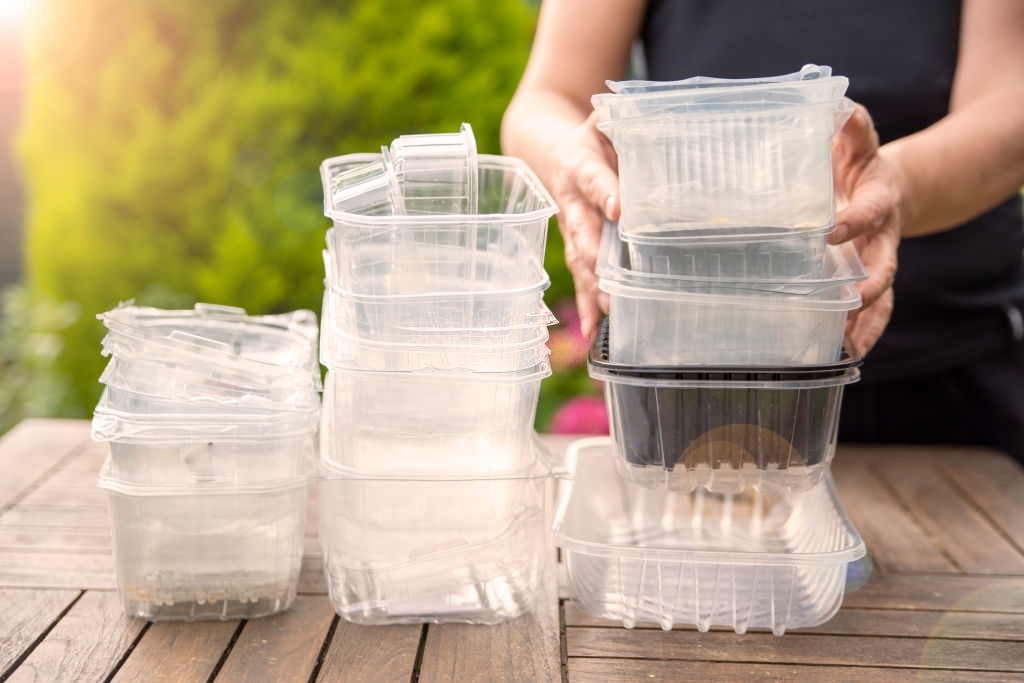
Polypropylene is a popular choice for packaging due to its resistance to moisture.
- Outdoor Furniture: The durability and water resistance of polypropylene make it an ideal material for outdoor furniture. Garden chairs, tables, and other outdoor products made from polypropylene can withstand exposure to rain and humidity, ensuring long-lasting performance.
- Automotive Parts: In the automotive industry, polypropylene is used in components such as dashboards, trim panels, and storage bins. These parts are exposed to varying levels of moisture, and polypropylene’s water resistance helps maintain their functionality and appearance.
- Construction Materials: Polypropylene is employed in construction for applications such as membranes and wraps that protect structures from moisture infiltration. This use helps enhance the durability of buildings and infrastructure by preventing water damage.
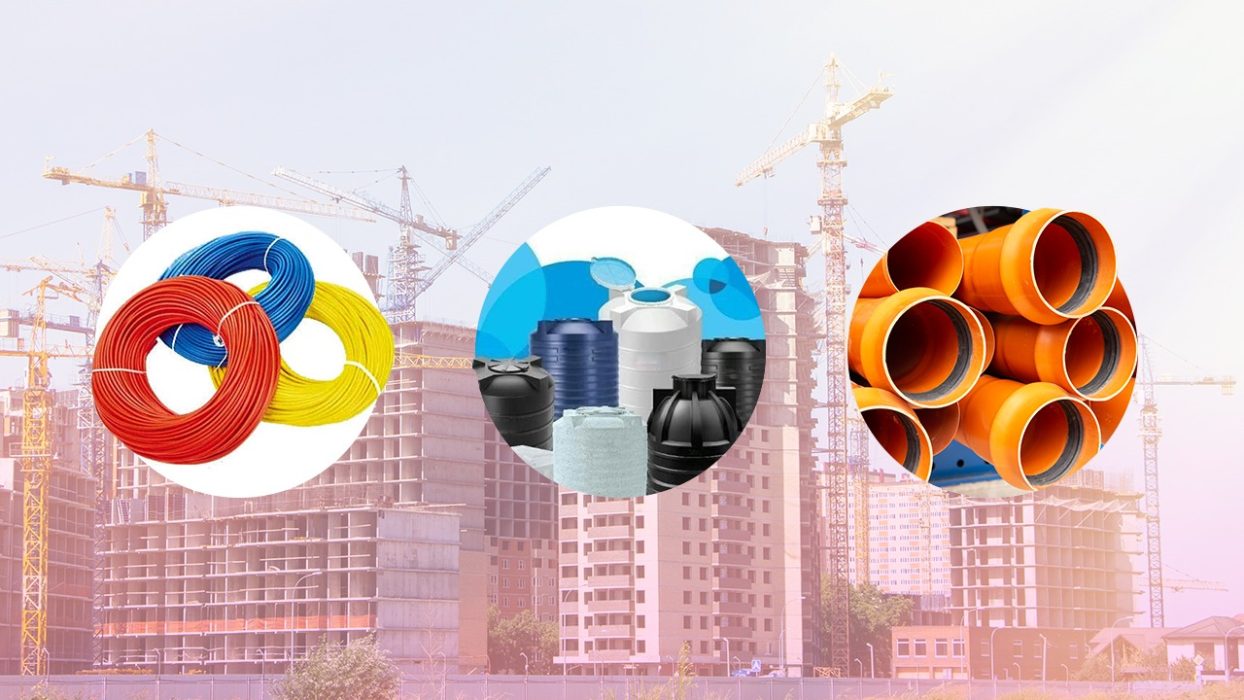
Polypropylene is employed in construction for applications.
Each of these applications leverages polypropylene’s water resistance to deliver effective and reliable performance. However, for environments requiring complete waterproofing, additional measures may be needed to ensure optimal protection.
Read more:
Suitable PP compounds for the extrusion process?
Applications of PP BaSO4 composites in pipes and fittings
4. Limits of Polypropylene’s Waterproof Qualities
Despite its favorable water-resistant properties, polypropylene has limitations in terms of waterproofing:
- Permeability Over Time: Polypropylene can exhibit increased permeability to water over extended periods, particularly under high-pressure conditions. This can lead to a gradual reduction in its effectiveness as a moisture barrier, necessitating careful consideration for applications requiring long-term waterproofing.
- Degradation: Prolonged exposure to water, especially in high-temperature or aggressive environments, can cause degradation of polypropylene. This degradation can affect the material’s structural integrity and performance, making it essential to evaluate the environmental conditions in which the material will be used.
- Not Ideal for All Conditions: Polypropylene alone may not be adequate for applications demanding absolute waterproofing. In such cases, additional treatments, coatings, or alternative materials may be required to achieve the desired level of moisture protection.
Understanding these limitations is crucial for selecting the appropriate material and ensuring that it meets the specific requirements of the application. For complete waterproofing needs, it may be necessary to explore additional solutions or materials that provide a higher level of protection.
5. Conclusion
Polypropylene is a versatile and durable material with significant water-resistant properties. It is effective in many applications where moisture control is important, offering reliability and performance in damp conditions. However, it is important to recognize that while polypropylene resists water, it is not entirely waterproof. For applications requiring complete waterproofing, additional treatments or alternative materials may be necessary to ensure optimal protection.
By understanding polypropylene’s capabilities and limitations, manufacturers and consumers can make informed decisions about its use in various applications. Whether for packaging, outdoor furniture, automotive parts, or construction materials, polypropylene’s water resistance can enhance product performance and longevity. For applications where absolute waterproofing is required, exploring additional solutions or materials will help achieve the desired results.
6. About EuroPlas’ PP Products
EuroPlas is a leading manufacturer of high-quality polypropylene products designed to enhance performance and meet diverse needs. Our PP filler masterbatch is a standout product that exemplifies our commitment to innovation and quality. Here’s why EuroPlas’ PP filler masterbatch is a top choice:
- Cost Efficiency: EuroPlas’ PP filler masterbatch combines calcium carbonate (CaCO3), polypropylene resin, and specialized additives to create a cost-effective solution. This blend reduces production costs while improving the mechanical properties of the final product. The filler masterbatch enhances strength, clarity, and overall quality, making it a valuable asset for various manufacturing processes.
- Enhanced Processing: Our PP filler masterbatch facilitates faster cooling during extrusion, blow molding, and injection molding. This results in increased productivity and reduced processing times, benefiting manufacturers by optimizing their operations and enhancing efficiency.
- Versatile Applications: EuroPlas’ PP filler masterbatch is suitable for a wide range of applications including non-woven textiles, packaging, and various molding processes. It improves mechanical characteristics, reduces shrinkage, and enhances the performance of the end product.
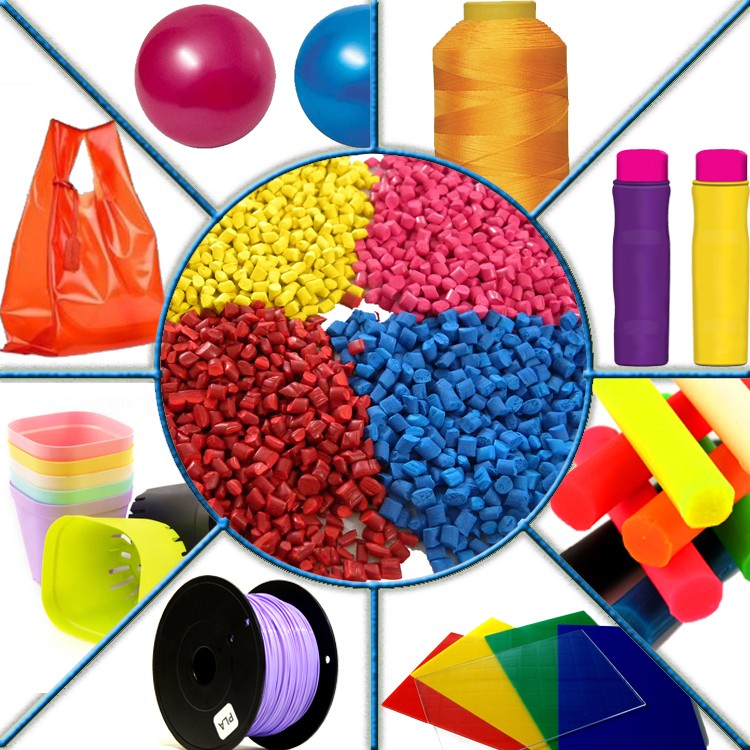
Versatile Applications of PP filler masterbatch
In addition to our PP filler masterbatch, EuroPlas offers a comprehensive range of products including BiONext bioplastic compounds, color masterbatch solutions, plastic additives, and engineering plastic compounds. Our BiONext bioplastics are biodegradable and provide excellent mechanical properties for various applications. Our color masterbatch solutions deliver vibrant and stable colors, enhancing the aesthetic appeal of plastic products. We also supply a range of plastic additives and engineering plastic compounds tailored to meet specific needs and improve functionality.
At EuroPlas, we are dedicated to delivering high-quality products that support our customers’ success. Our commitment to innovation and excellence ensures that our products meet the highest standards and contribute to sustainable development. By choosing EuroPlas, you invest in solutions that enhance performance, reduce costs, and drive your business forward. For more information on how our products can benefit your operations, visit our website or contact us directly.